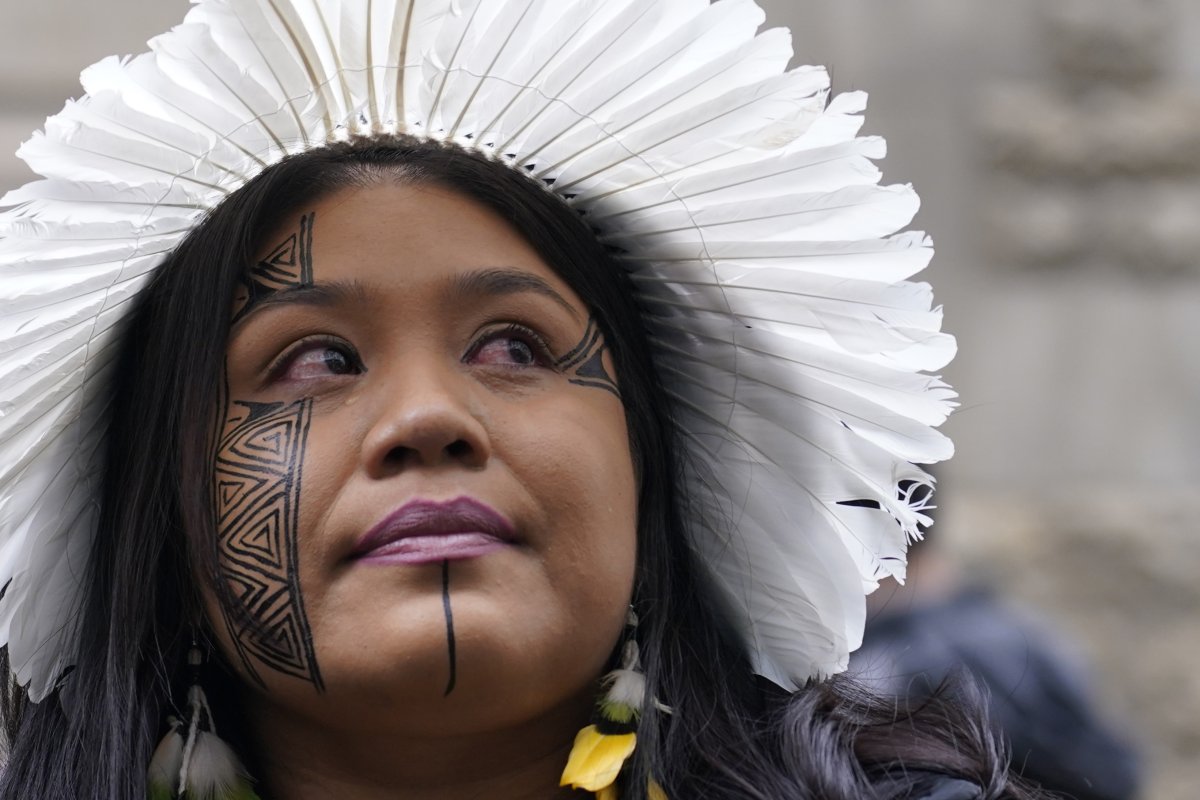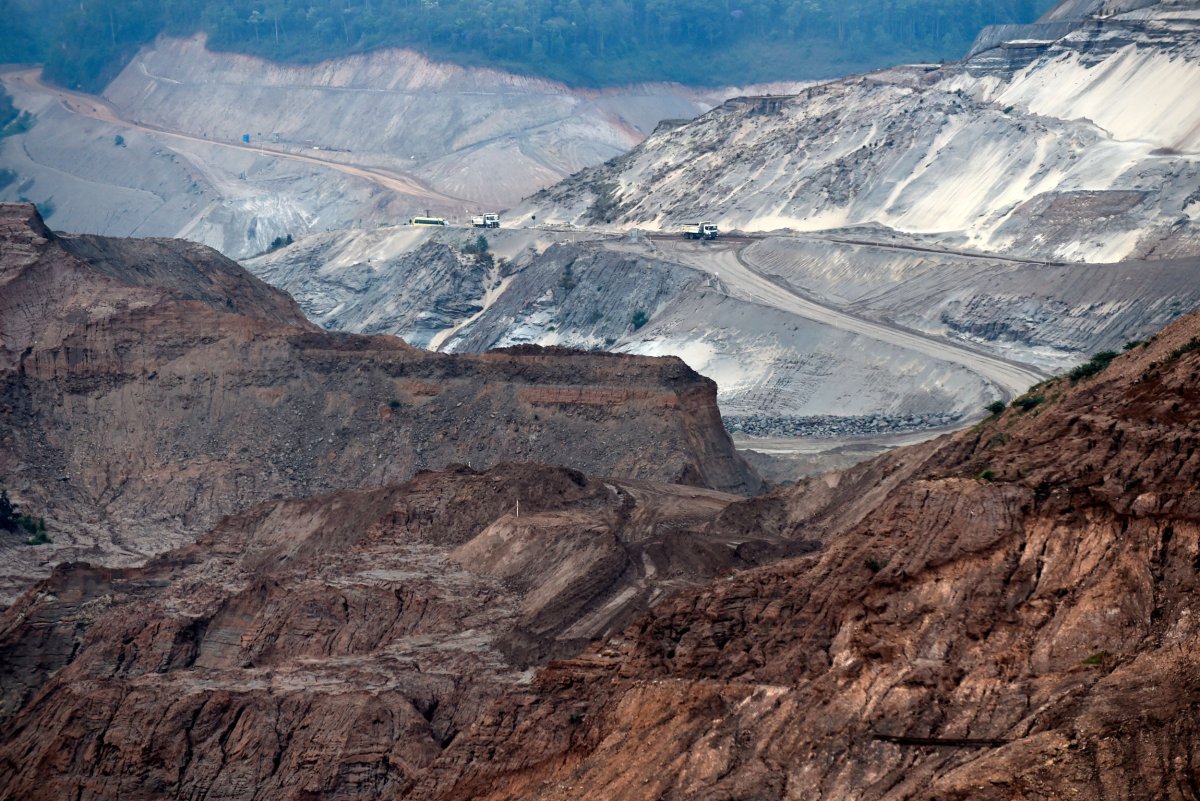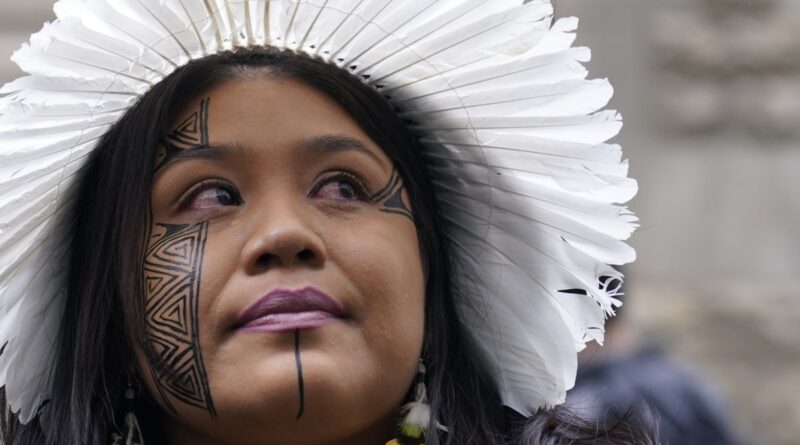Victims of Brazil’s environmental disasters take a $47B lawsuit to court
Victims of Brazil’s worst environmental disaster have taken their case to a United Kingdom court, seeking justice nearly nine years after a dam failed to cause widespread damage.
The class action lawsuit at London’s High Court is seeking an estimated $47 billion in compensation from mining giant BHP. BHP owns 50 percent of Samarco, a Brazilian company that operates an iron ore mine near Mariana, Minas Gerais.
On November 5, 2015, the Fundao dam ruptured, releasing enough mine waste to fill 13,000 Olympic-sized swimming pools on the Doce River in southeastern Brazil, killing 19 people. and environmental damage that has not been resolved to this day. .
This caused great damage to the local community, fishing and the environment. More than 620,000 plaintiffs in Brazil are represented, making it one of the largest environmental claims in legal history.
Lawyers for the plaintiffs argue that BHP is largely responsible for the disaster, citing its involvement in mining operations.

AP Photo/Alberto Pezzali
“BHP pollutes, so it has to pay,” lawyer Alain Choo Choy said in written statements during the hearing.
The lawsuit seeks to hold BHP accountable for the long-term effects of the spill, which local residents are still dealing with years after the initial incident.
The indigenous Mariana community of Krenak considers the river sacred. Their culture and way of life are closely linked to the Doce, and the fall has destroyed them.
A study by the University of Ulster found that the disaster wiped out 14 tonnes of freshwater fish and polluted more than 400 kilometers of river. Local activists continue to demand full payments.
“It’s not just the destruction of November 5. The damage since then, I often say, has been worse,” said Mônica dos Santos, a survivor from the village of Bento Rodrigues, which was buried by mud.
Santos, who is now the leader of the reparations, explained that the emotional and psychological stress on the survivors is severe, and many turn to alcohol or struggle with broken relationships.
In their defence, BHP’s legal team insisted that the company does not operate the dam directly.
“BHP neither owned the dam nor owned the dam and had little knowledge of its stability,” BHP’s lawyer, Shaheed Fatima, said in written submissions.

DOUGLAS MAGNO/AFP via Getty Images
The company also argues that legal proceedings in the UK are unnecessary, as there are already repayment programs in place in Brazil, including a recent $31.7 billion agreement with the government of Brazil, states and local municipalities.
This decision, announced by the owner of Samarco, Vale SA, aims to solve the damage for the next two decades and includes compensation for individuals and the community.
However, lawyers for the plaintiffs insist that a UK trial is necessary.
The plaintiffs believe that the UK legal system offers their last hope of full compensation, as confidence in the Brazilian legal and political system remains low.
“God put the people of London in our way because there is no justice in Brazil. Now they are our last hope,” said Priscila Monteiro, a survivor of the disaster.
Monteiro was pregnant when the dam broke on her birthday. She and her 2-year-old child were pulled out of the toxic mud and survived, but she suffered a miscarriage.
His 5-year-old niece, Emanuelle, died.
“For me, the day that was supposed to be a celebration has turned into a day of darkness, forever,” he said.
This article includes a report from The Associated Press.
#Victims #Brazils #environmental #disasters #47B #lawsuit #court
